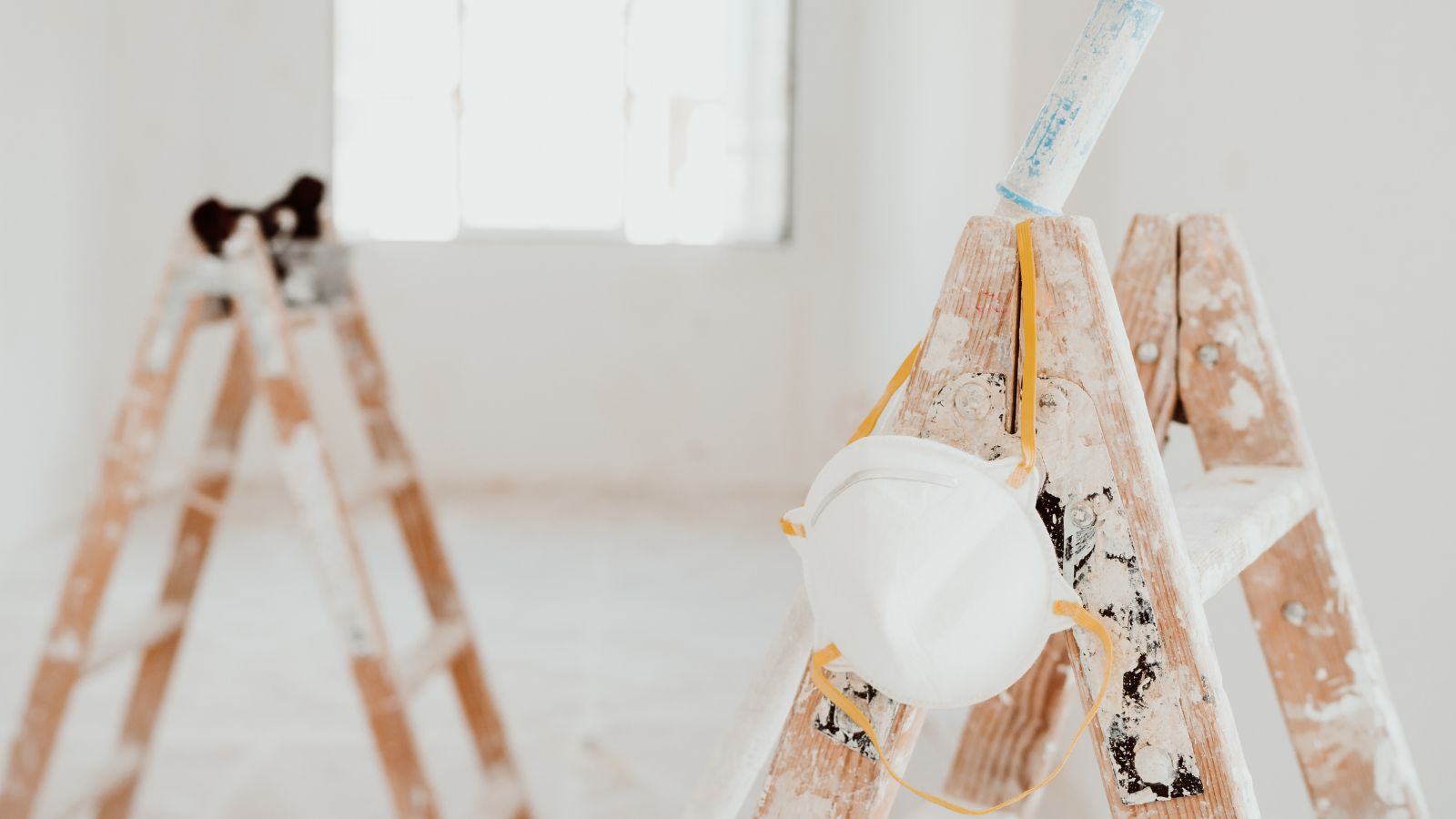I'm a quantity surveyor and this is what you can expect to pay for building surveys and reports
Building and renovating property requires surveys and reports. Surveyor, Tim Phillips shares expert advice on how much you can expect to pay
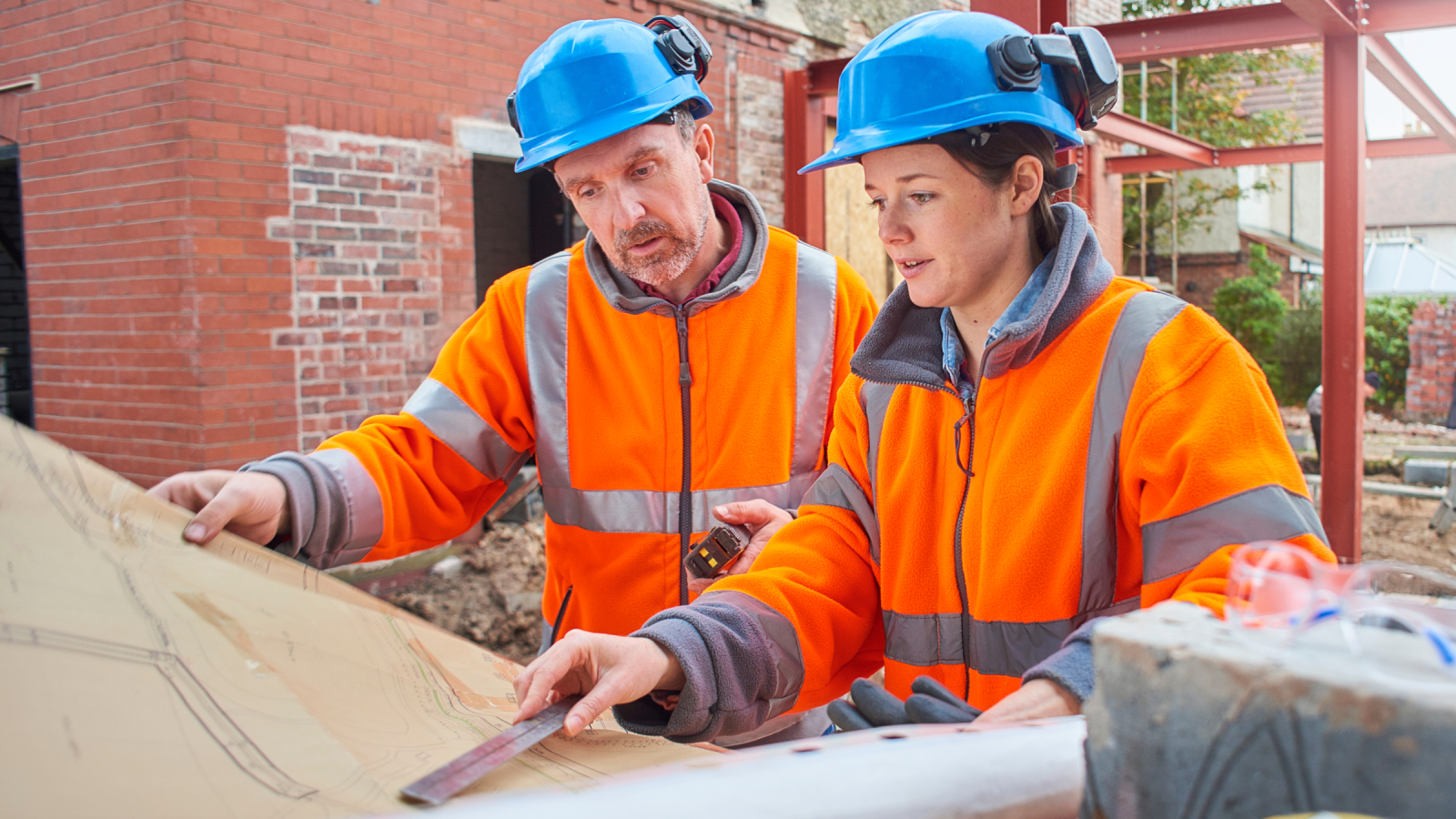
Bring your dream home to life with expert advice, how to guides and design inspiration. Sign up for our newsletter and get two free tickets to a Homebuilding & Renovating Show near you.
You are now subscribed
Your newsletter sign-up was successful
When putting a 'cost plan' together for your new-build home, it's not just bricks and mortar and trades that you need to consider. You also need to look at how much do surveys and reports cost.
There are several key surveys and reports you may need to commission to ensure compliance with regulations and assess the condition of the site, or just for your peace of mind to mitigate any future self build issues.
The specific requirements can vary based on location, type of construction, and local regulations, but there are some common ones you may need. Here's everything you need to know about how much surveys and reports cost.
Topographical surveys
A topographical survey is an in-depth map of the land's surface that displays both natural and man-made features. It comprises contours, buildings, roads, trees, bodies of water, and other pertinent information.
This survey is important for building and development projects since it provides a thorough overview of the location.
Costs: The cost can range quite significantly - from a minimum of £500 to £2,000 or even more. Small home surveys may cost a few hundred pounds, while larger homes may cost a few thousand pounds.
To acquire a more accurate price based on your project requirements, always request quotations from at least four surveying firms.
Bring your dream home to life with expert advice, how to guides and design inspiration. Sign up for our newsletter and get two free tickets to a Homebuilding & Renovating Show near you.
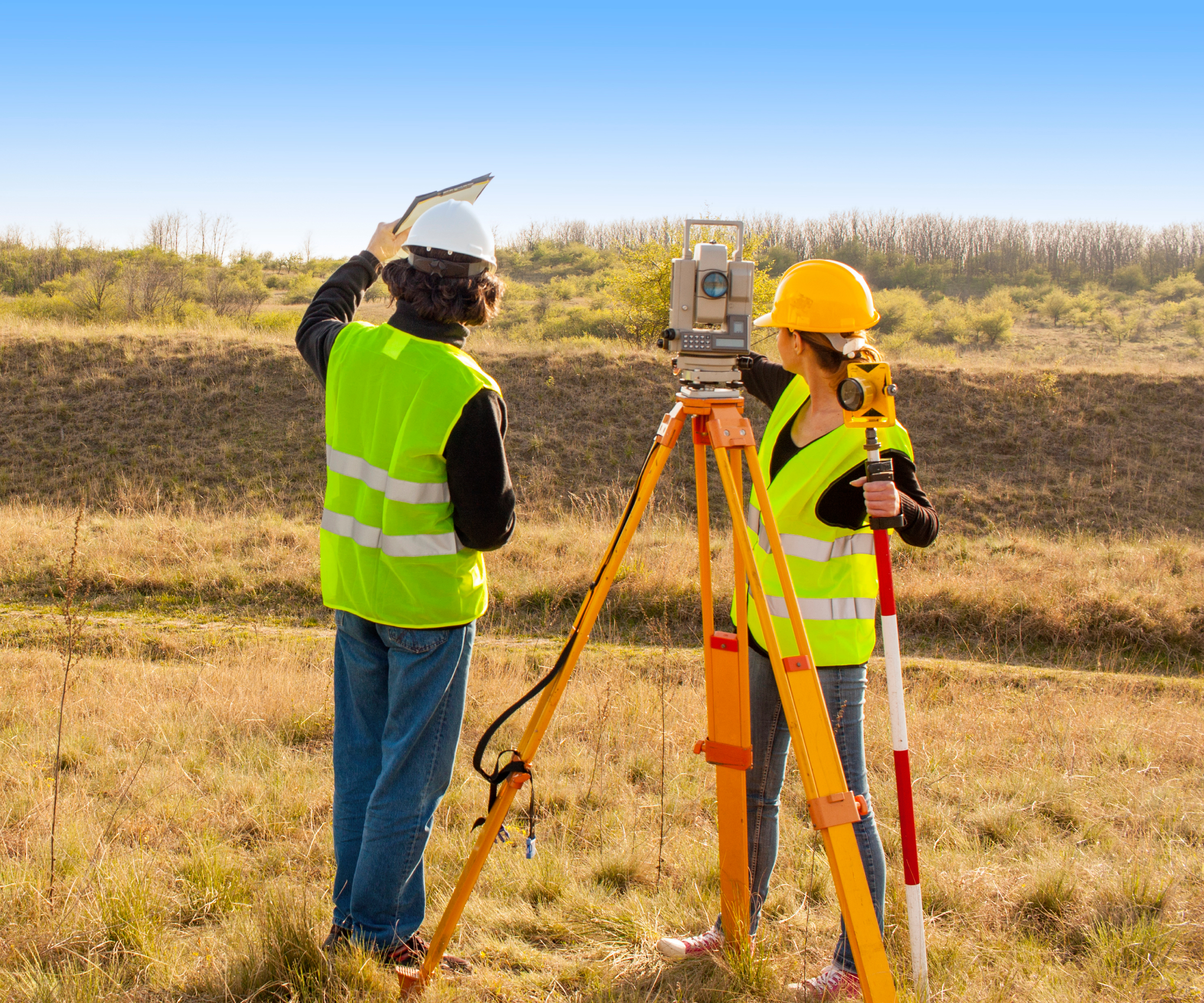
Geotechnical survey or site investigation report
A geotechnical report, also known as a site investigation (SI), is used to evaluate a site's subsurface. It entails collecting soil and rock samples to evaluate for information about the site’s geology and geotechnical features. Such knowledge is critical for a structural engineer’s ability to design foundations and guarantee structural stability.
It's one of the surveys I always advise clients to carry out as it removes any ambiguities as to what the contractor should allow for when it comes to pricing the substructure element of the project.
Having a soil survey can stop your builder hitting 'rock or boulder clay' on the first day on site, which then means a costly redesign of the structural foundations and possible delay. If this information was known following a Geo/SI Report then it could have been designed and priced for at tender stage.
Cost: The cost of a geotechnical/SI report varies depending on criteria such as site size and complexity, depth of research, and type of testing necessary. As an approximate guide, you should allow for £1,000 to £5,000.
However, this can increase to tens of thousands of pounds for more extensive and detailed research. The geological conditions, as well as the requirement for specialised testing, can have a considerable impact on the final cost.

Ecological surveys
An ecological survey for a new-build house is carried out to examine the impact of a proposed development on the surrounding ecosystem and to identify any protected species or habitats that may be harmed.
The survey's goal is to guarantee that building and development operations follow environmental legislation and norms. It frequently comprises a habitat study, a botanical survey, and surveys for specialised species such as bats, reptiles, and nesting birds.
The ecological survey results are critical in the planning and approval process for your new-build home. If protected species or critical habitats are identified, mitigation measures may be required to reduce the impact on the local environment.
Costs: Vary widely based on the type of survey needed, the size and location of the site, the breadth of the survey, and the presence of potentially endangered species.
Prices range from £500 to £2,000 or more. Surveys requiring more extensive assessments or specialised knowledge may be more expensive.

Flood risk assessment
A flood risk assessment (FRA) for a new-build house is a thorough assessment of the potential flood risks connected with a specific site. This assessment is essential in flood-prone locations to assure the safety and resilience of the project. It takes into account the possibility of flooding using historical data and high-tech predictive software, the source of flooding (e.g., rivers, surface water, coastal), and mitigation measures.
It's worth noting that local authorities frequently require a flood risk assessment as part of the planning application process for new developments. The assessment helps determine whether the proposed development is appropriate for the site and what flood risk management measures must be adopted.
Costs: Around £500 to £2,000, depending on the location and flood risk level.

Archaeological survey
An archaeological survey will assess the potential impact of a new building project on the environment and cultural heritage. The survey's goal is to detect and classify any archaeological remains or artefacts that may be present in the area. A trained archaeologist conducts the survey, assessing the site and providing a report documenting any findings.
It should be noted that an archaeological survey is not usually required for new construction houses. However, if there is a risk of harming any archaeological remains or artefacts during construction, it may be necessary.
Some areas of the UK, e.g., Monmouthshire or Cornwall, with historical evidence of Roman occupation will cause more of a risk and an archaeological survey will often be a requirement of local planning conditions.
Costs: Vary depending on the extent of survey needed, but in general an archaeological survey will begin at circa £350 and can rise depending on if a 'watching brief' is required.
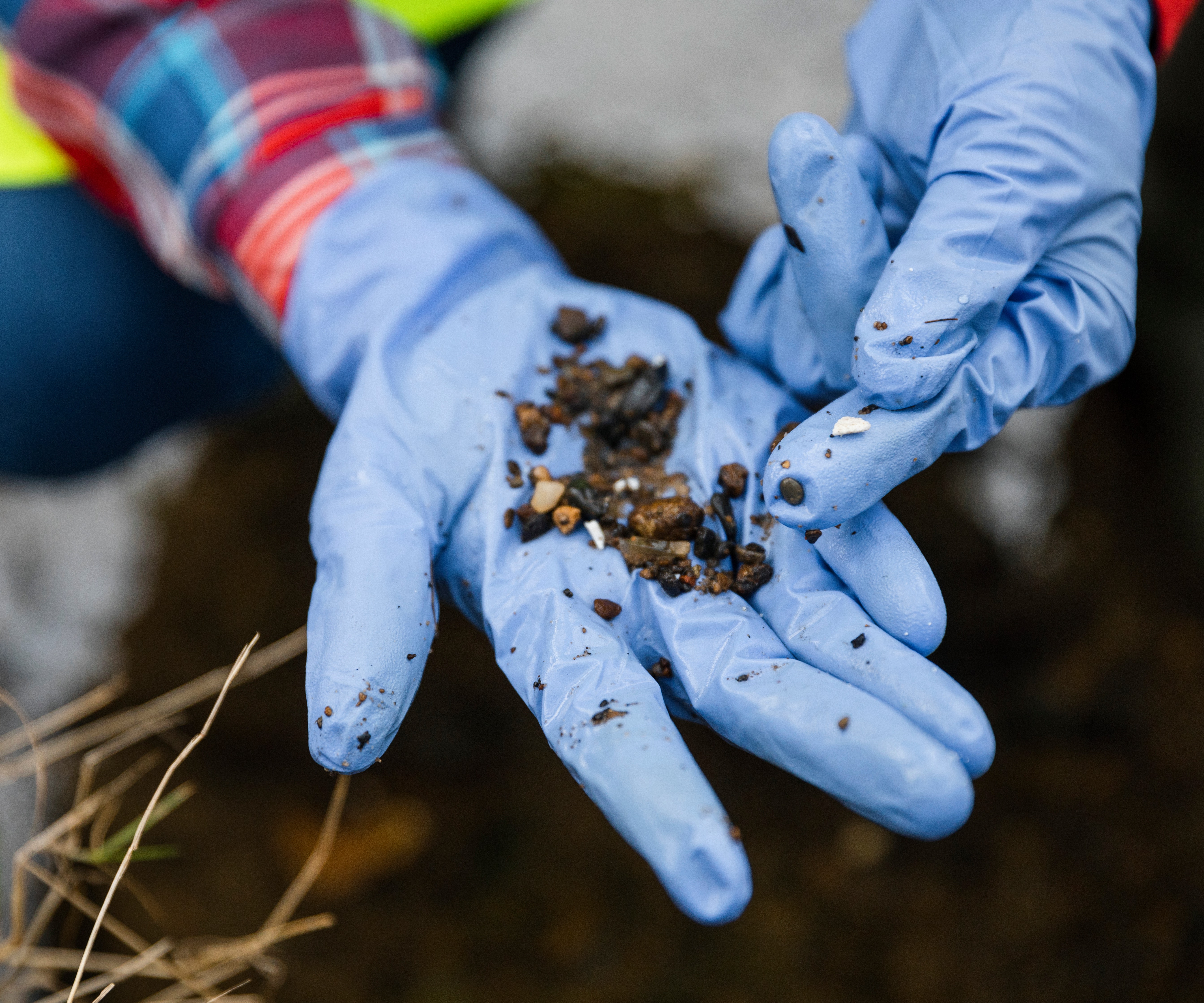
Tree survey
A tree survey determines the probable influence of a new construction project on the trees in the surrounding area. The survey's goal is to locate any trees in the region and determine their value. A trained arborist conducts the survey, assessing the location and providing a report identifying any findings.
They may find that some of the trees on your site, or nearby have a TPO (Tree Preservation Orders) attached to them.
Costs: The type of survey required, the site's size, and the location of the land all affect how much a tree survey for a newly constructed home will cost.
In general, factor in approximately £500 to £1,500, depending on the number of trees and the level of the survey.
If the proposed actions have the potential to affect any trees on the site or nearby, an arboricultural impact assessment is necessary.
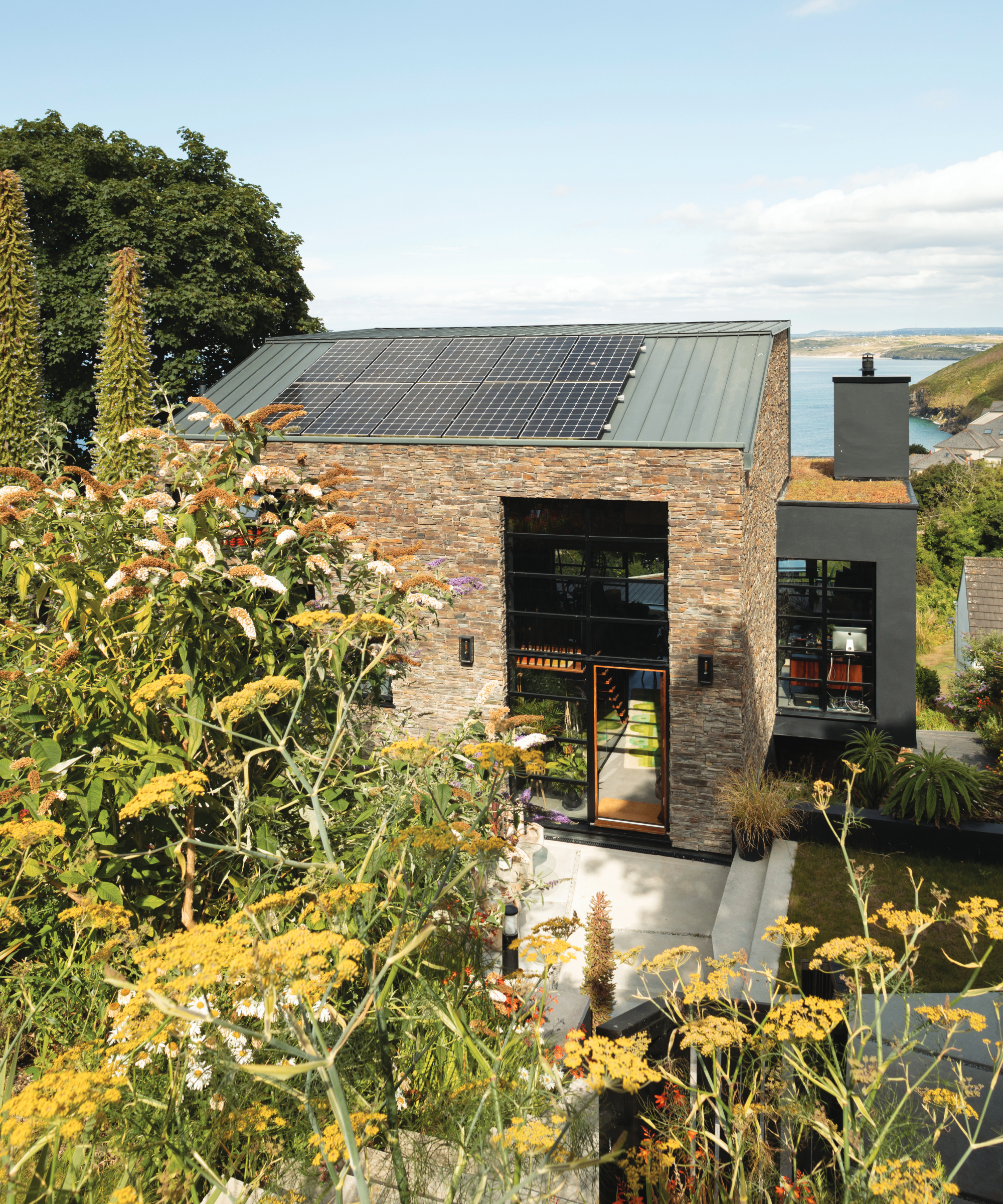
Party wall agreement
The Party Wall Act 1996 will be applicable in England & Wales if there is any excavation work occurring on or near the boundaries with adjoining homes, or if it affects shared buildings (e.g., you are building an end terraced house, a semi, or an infill within a terrace). Each neighbour impacted by the construction will need to receive a Party Wall Notice.
To organise a Party Wall Settlement with each neighbour, it is typically necessary to hire a Party Wall surveyor. In addition to agreeing on any access rights needed for workers or to erect scaffolding, this will safeguard both parties against risk connected to claims for harm resulting from the works.
It will also establish work hours and how disputes will be managed. If you share an adjoining wall with a neighbour then you will most certainly require a Party Wall Agreement.
In Scotland, the courts must apply Common Law to resolve disputes and reach a settlement.
Costs: This will vary depending on the professional advisers engaged. By way of example, there are Party Wall specialists who can offer the complete service for fees of around £1,500 per neighbour, including managing the party wall award, party wall notices and schedule of conditions and full management of the process.
Costs may increase to £3,000 in the event of disagreement. Your neighbour can hire their own surveyor at your expense; in this case, the fee will be up to £5,500.
Measured survey
In addition to providing peace of mind, measured surveys make sure you are making the most of your building plot and enable precise plans and drawings to be completed.
When you have the trees arranged according to design on a wide plot, it becomes easier to determine where the new house should go in relation to the existing trees and their roots. This also lets you prepare ahead of time for planting in the future.
Costs: Since measured surveys are often paid based on the site or building in question, there is no set amount associated with them.
Small terraced or semi-detached dwellings at the lower end of the pricing range should be anticipated to cost about £800. Large detached properties or period homes may easily see these reach £2,000 or higher.
On average, you should budget between £1,400 and £1,500.
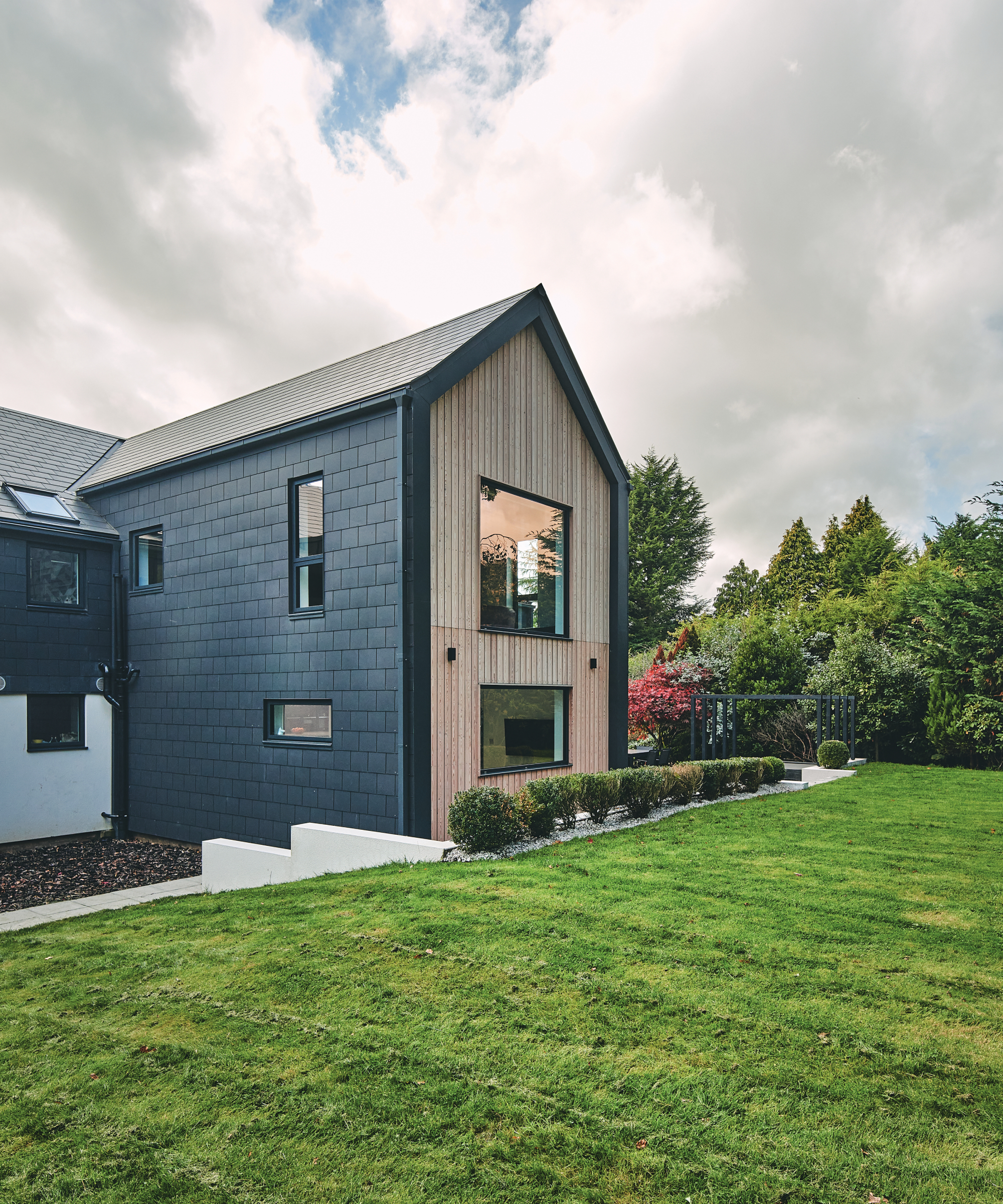
Early cost advice survey (ECA)
Before commencing construction, I always advise clients to obtain 'cost' advice from a quantity surveyor (QS).
One of the biggest issues any self-builder will face is managing their budget. You may know that your kitchen will cost £15k, and your windows £18k, but you also need to know all of the other elements of the project.
A QS can provide a cost report, often referred to as an ECA (Early Cost Advice), usually in two forms.
Option 1, when you and your architect are at a very early conceptual stage with not much design info and prior to planning; or Option 2 when you've achieved planning and have more details and building regs.
An ECA will get you to within 10% of your build cost. It will also provide focus on the surveys and reports, VAT (and how to reclaim it), and the percentage to allow for a contingency sum.
It's certainly money well spent - and less than you'd spend on variations and changes had you not sought an ECA.
Costs: Depending on the ECA option and the complexity of the design, you can expect to pay anything from from £249 to £1,200.

Bill of quantities (BQ)
A QS can also bring the added expertise of being able to produce a bill of quantities, not be confused with a schedule of works which is less detailed, with all the elements of the build process broken down into specific trades.
This BQ can then be used for various options, such as to produce a tender for builders to price the entire project, or used for acquiring quotations for larger riskier trades if self-project managing, namely groundworks and drainage.
The QS would also evaluate the tenders and quotations received to ensure that all of the elements have been priced in accordance with the tender information issued and a like-for-like basis.
The BQ can then be converted into a Contract Sum and used in your contract i.e., JCT Homebuild.
The BQ/Contract Sum can also be used to manage your valuations and payment of your supply chain as well as the tender process.
Costs: Allow from £649 up to £2000 depending on the size and complexity of the project.
It's important to note that the report and survey costs are general estimates, and prices can vary based on location, the size and complexity of the project, and the specific requirements of each survey. Also, regulatory requirements may change, so it's advisable to consult with local authorities and professionals to ensure you have the most up-to-date information for your specific situation.
And if you're buying an existing home rather than a plot of land, you'll also need a building survey before you complete your purchase. Read our comprehensive guide to building surveys to find out which one is right for you.
Tim Phillips is an experienced senior quantity surveyor and estimator and has worked in the construction industry for over 38 years. He has worked on many varied projects in this time, for corporates, public bodies and private residential clients, managing everything from small budgets to multi-million budgets.
For the past 18 years, Tim has worked on a freelance basis, through his company www.quantiv.uk. He has extensive experience of undertaking his own full-scale house renovations and extensions. He is also a speaker and expert at the Homebuilding & Renovating Shows.

